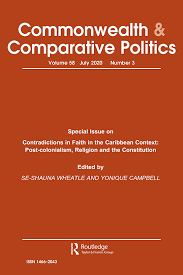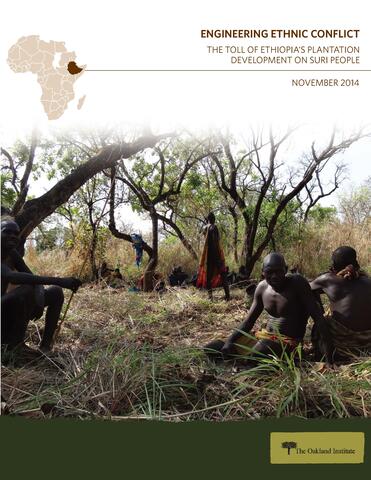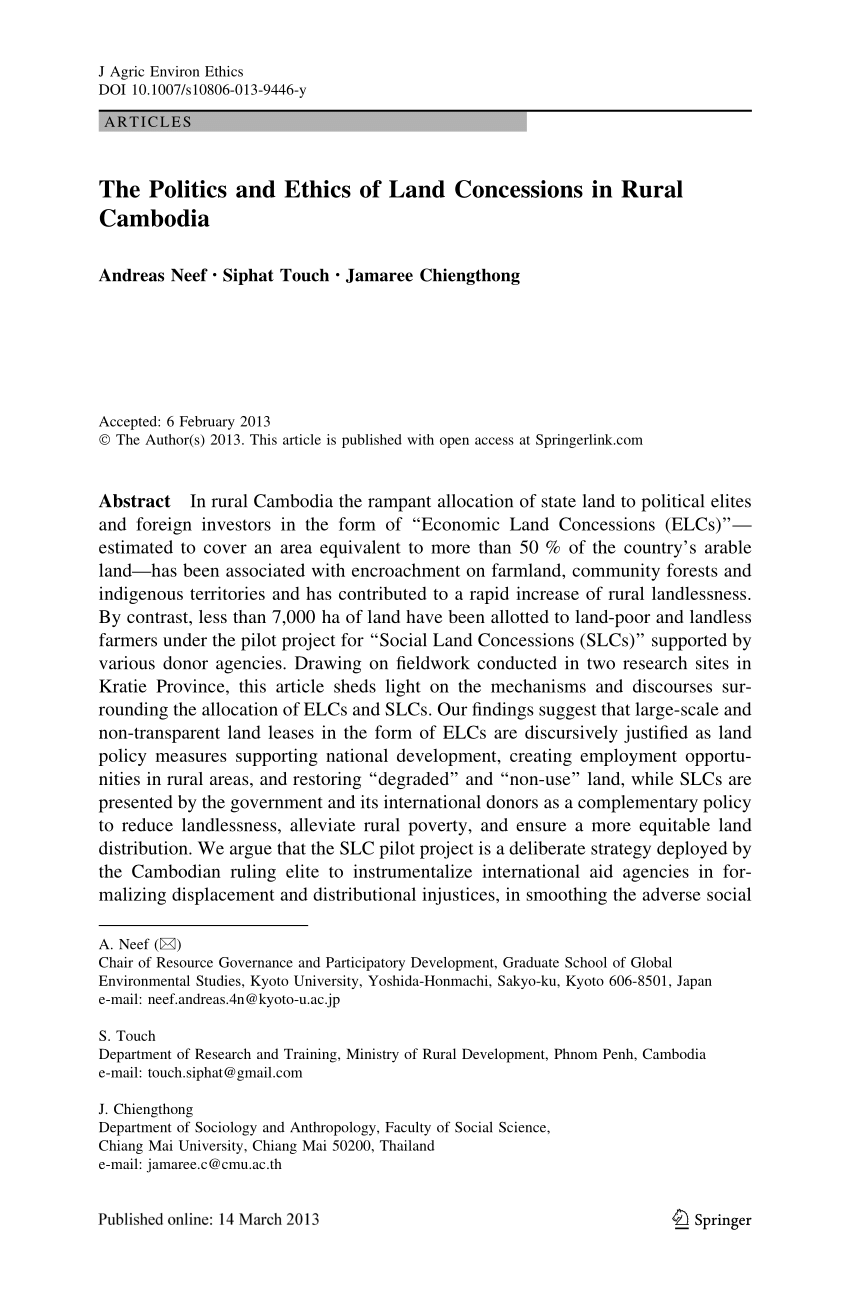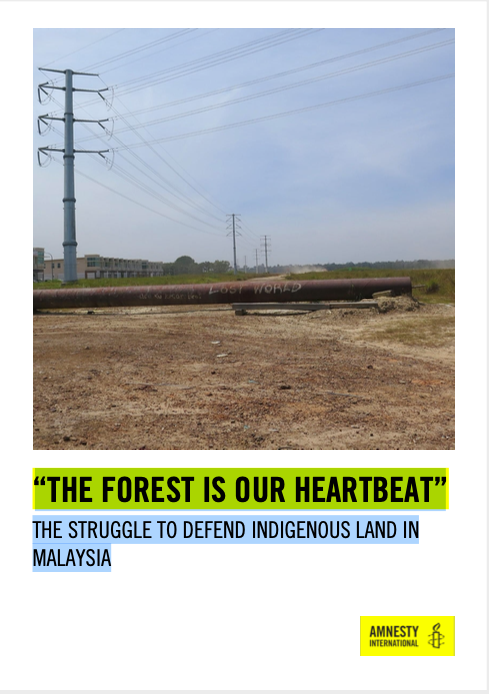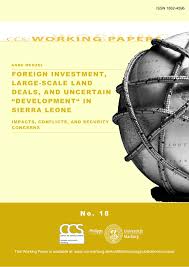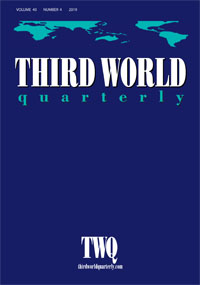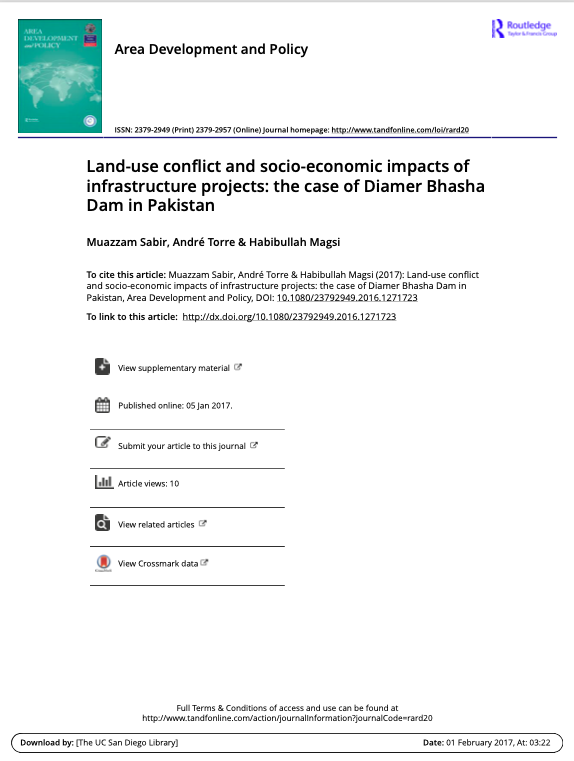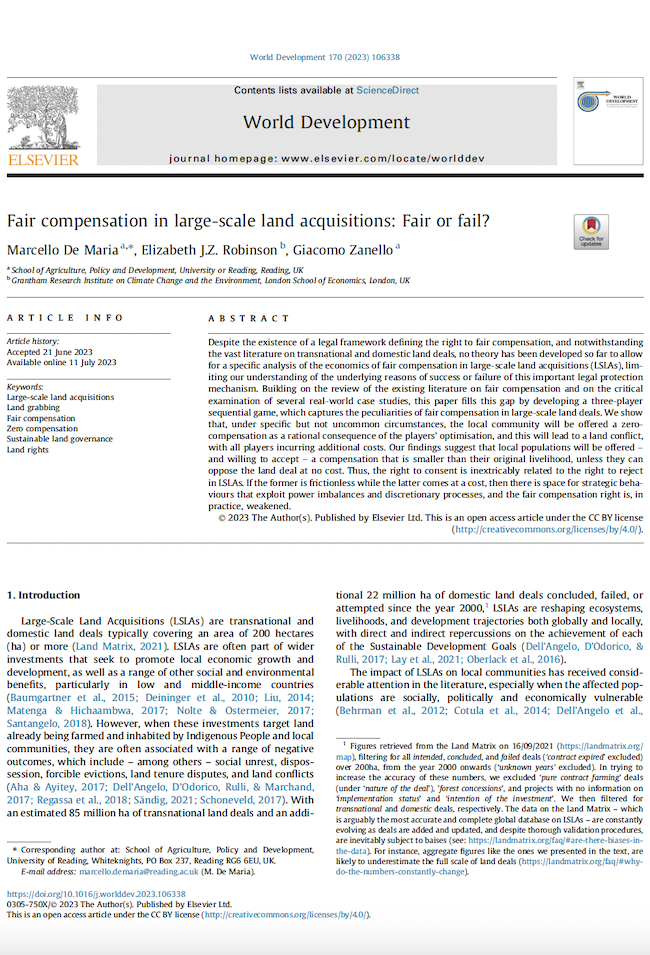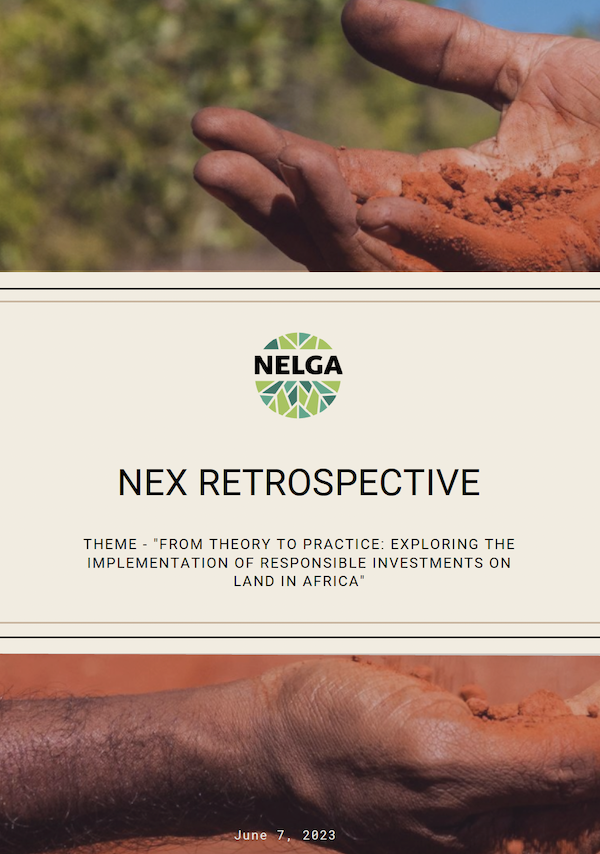Conflict, collusion and corruption in small-scale gold mining: Chinese miners and the state in Ghana
As gold prices soared from 2008 onwards, tens of thousands of foreign miners, especially from China, entered the small-scale mining sector in Ghana, despite it being ‘reserved for Ghanaian citizens’ by law. A free-for-all ensued in which Ghanaian and Chinese miners engaged in both contestation and collaboration over access to gold, a situation described as ‘out of control’ and a ‘culture of impunity’. Where was the state? This paper addresses the question of how and why pervasive and illicit foreign involvement occurred without earlier state intervention.

